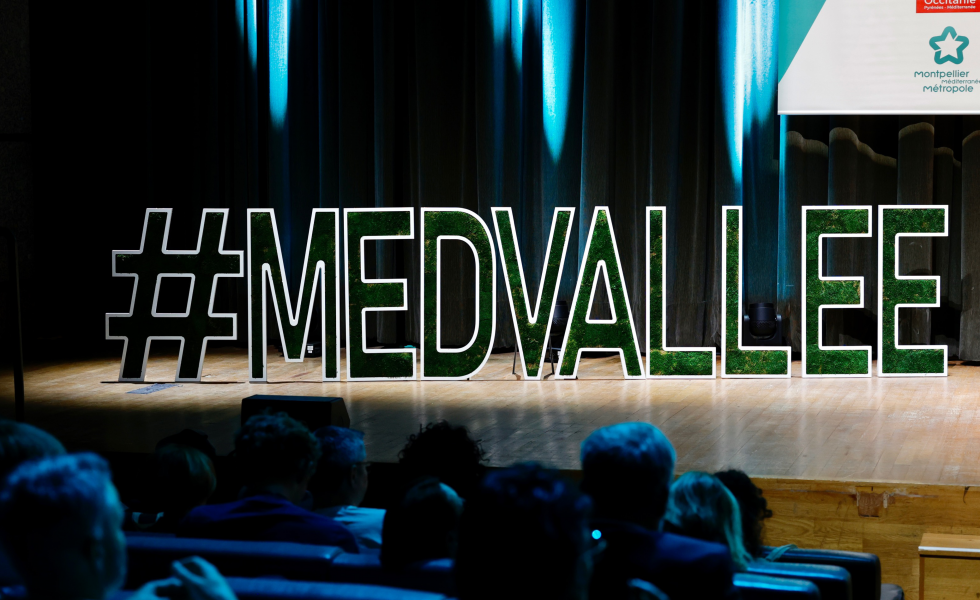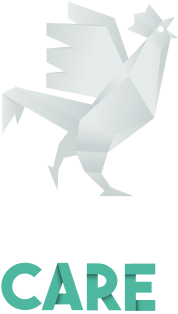Six months after the MedVallée Meetings in late June 2022, which brought together more than 700 stakeholders from MedVallée’s three areas of excellence, the beginning of 2023 is marked by a wealth of news demonstrating strong vitality in the territory.

MedValllée, the future is being invented here
MedVallée Montpellier is both an ambition and a strategy to build exposure for Montpellier as a hub for excellence in global health.Feeding, caring, and protecting are the great challenges of tomorrow. They are also the keywords in MedVallée’s motto, just like that of the Montpellier University of Excellence.
MedVallée brings together all the economic, academic, and research players operating at the crossroads of our territory’s three excellence sectors into a powerful and visible community.
Economic vitality, research attractiveness, and academic strength constitute the fertile ground that feeds the MedVallée strategy, which creates jobs and added value to the place where we live.
ICM obtains the SIRIC label
- For the third time in a row, ICM obtains the SIRIC label as an “Integrated Cancer Research Site”
This renewed recognition will enable the Montpellier SIRIC to enhance its actions around a new ambitious and unifying project that will involve twenty research teams from eight institutes affiliated with INSERM, CNRS, the Universities of Montpellier, and twenty-five clinical teams from the two partner university hospitals.
Professor Marc Ychou, General Manager of ICM and the Montpellier Cancer SIRIC, points out: “We have obtained renewal of the SIRIC label awarded by the French National Cancer Institute for the Montpellier Cancer consortium, which includes the Montpellier Cancer Institute, the Montpellier University Hospital, INSERM, CNRS and Montpellier universities. We are extremely proud of this achievement, as it is the third consecutive time that the site has been awarded the label following a competitive evaluation. At this time, it is the only SIRIC site in the south of France. The label is a major recognition of the excellence of cancer research in a territory whose dynamism is boosted by MedVallée, making Montpellier a reference player on the international stage more than ever. Our vision today is based on three main priorities: optimizing internal and external radiotherapy treatments by integrating artificial intelligence; expanding interventional research aimed at reducing the incidence of cancer by leveraging our expertise in psychosocial and behavioral sciences; and developing innovative therapeutic strategies based on a better understanding of the metabolic alterations of cancer cells.
Companies in the MedVallée community are growing
Local companies not involved with the health sector are fully integrated into the MedVallée program, such as those working in the environment, food, agronomy, and agriculture.- Microphyt, a leading producer and supplier of natural active ingredients derived from microalgae, announces that it has completed a round of fundraising totaling 15 M€
Consumer demand in terms of natural, effective, and safe solutions for nutrition, cosmetics, and wellness is growing. Among the natural ingredients available for these applications, microalgae correspond closely to people’s expectations, notably because of the diversity and quality of their bioactive compounds. This is what Microphyt offers. The company was assisted by Montpellier BICduring its startup phase.
Microphyt has successfully launched five new proprietary ingredients supported by scientific evidence in the last 18 months. In addition to its established roadmap, the company already has ten years of experience and eight families of filed patents. It is now going to develop and produce specific cosmetic solutions in partnership with L’Oréal, whose goal is to use 95% biobased ingredients in its formulas by 2030, derived from abundant minerals or from circular processes.
Vincent Usache, CEO at Microphyt, says:
=> Bulane, French pioneer in the development of innovative electrolyzers for hydrogen combustion applications, raises 14 M€ to deploy its hydrogen flame solution to massively decarbonize industrial heating processes and building heating. This funding is part of a context in which Europe must rapidly reduce its use of fossil fuels and inputs to reduce its CO2 emissions (the “Fit to 55” target and European Green deal) as well as its geopolitical and economic dependence on imported gas. Fossil fuels account for nearly 80% of all global greenhouse gas emissions. They are used in thermal applications such as industrial processes and building heating, which represents more than 400 TWh per year in France alone. Unfortunately, 100% carbon-free electric alternatives are difficult to consider for many of these thermal applications. However, there is a solution that is both viable and immediately deployable: hybridizing combustion processes with a decarbonized hydrogen gas produced locally from green electricity.“This round of financing is another major step in our growth. We are delighted that a strategic investor such as L'Oréal shares our ambition to speed up the transition towards more sustainable cosmetics. We are also grateful that our previous investors continue to support our strategy, which is to make the incredible diversity of microalgae accessible and accelerate the delivery of innovative natural ingredients that address key nutrition and wellness challenges.”
Bulane has been developing its innovations and technologies in the Montpellier metropolitan area since 2009, providing a way to hybridize existing combustion processes with its low-carbon hydrogen flame. This round of financing will help the company launch its strategic plan focusing on three major objectives: (1) support the international commercial deployment of its solutions in a context of strong growth and develop new business models oriented towards energy sales; (2) accelerate the development of new technological innovations to address thermal uses in industry and buildings; and (3) structure its organization by recruiting approximately thirty new employees and expanding its industrial capacity to support its growth.
“Bulane was born in MedVallée. The company has received support since the very beginning, both from the organizations that assist technological innovation projects, notably Montpellier BIC, and from the area's prestigious public scientific laboratories, notably ICGM (CNRS).
The MedVallée project mirrors Bulane's values regarding innovation and sustainable development. Over time, this amazing territory has successfully created an efficient and robust “inno-system”, initiated and supported by people who are deeply attached to the evolution of their environment. Bulane is indeed fortunate to be so well supported and assisted with its developments concerning the hydrogen flame. With decarbonization and energy sovereignty being at the heart of the MedVallée project, as well as that of the Occitanie Region (as a REPOS-Positive Energy Region), our area has been a pioneering force in the massive development of a French hydrogen industry at the cutting edge of technology. I would like to congratulate and sincerely thank Montpellier Métropole for its remarkable work in creating unprecedented momentum for MedVallée. Our fundraising at Bulane will enable us to further contribute to this effort by boosting our technological and economic growth in this highly promising territory. For example, thanks to the bold and efficient teams of Montpellier Méditerranée Métropole and Montpellier BIC, we found the land we needed to build the Bulane Factory, a production center where we will be able to manufacture several thousand electrolyzers per year. As part of this strategy, we are currently opening 30 new positions to be filled as soon as possible,” highlights Nicolas Jerez, CEO of Bulane
- Last fall, CILcare and its American partner CBSET received the “Hearing Technology Innovator Award” for their advanced preclinical hearing services in the therapeutic category.
“We created a unique translational platform in partnership with CBSET, combining fundamental science with innovation to meet the needs of our respective clients. This ranges from designing a new hydrogel-based formulation to enable sustained release of medication in the ears, to evaluating the transduction of an AAV (adeno-associated virus) for gene therapy, to developing a microsurgical approach for the delivery of gene therapy in order to restore hearing,” says Celia Belline, CEO of CILcare
“Hearing loss is a major factor with respect to the number of years people live with a disability. The need has never been greater, given that hearing loss could affect one out of four people by 2050, and that there is no treatment for the most common form of hearing and sensory loss. CILcare-CBSET are dedicated to supporting biotechnology and pharmaceutical companies in their efforts to develop breakthrough treatments for this sensory disease. Preclinical development and safety studies are a vital step in the passage from discovery to clinical trials. Studies on pharmacological models conducted in our facilities - in compliance with GLP - provide a solid basis for developing and selecting the best candidates to present at the clinical stage,” adds Peter Markham, CEO of CBSET.


